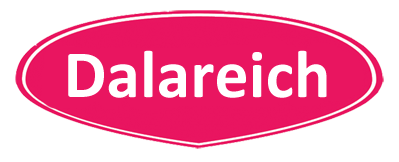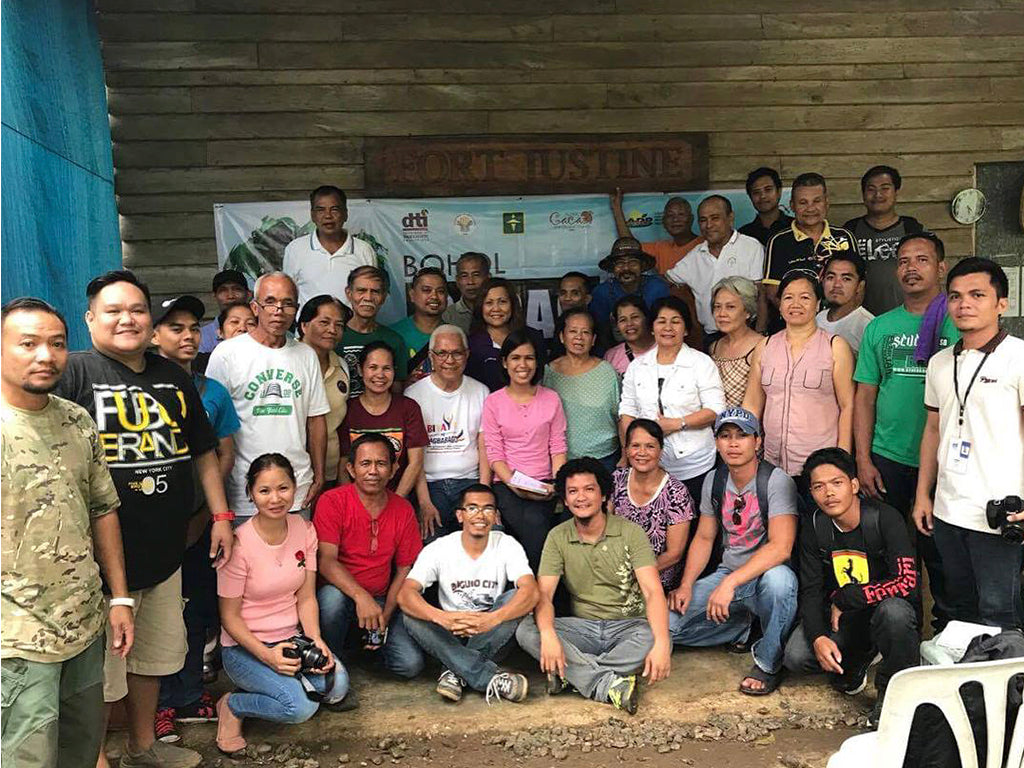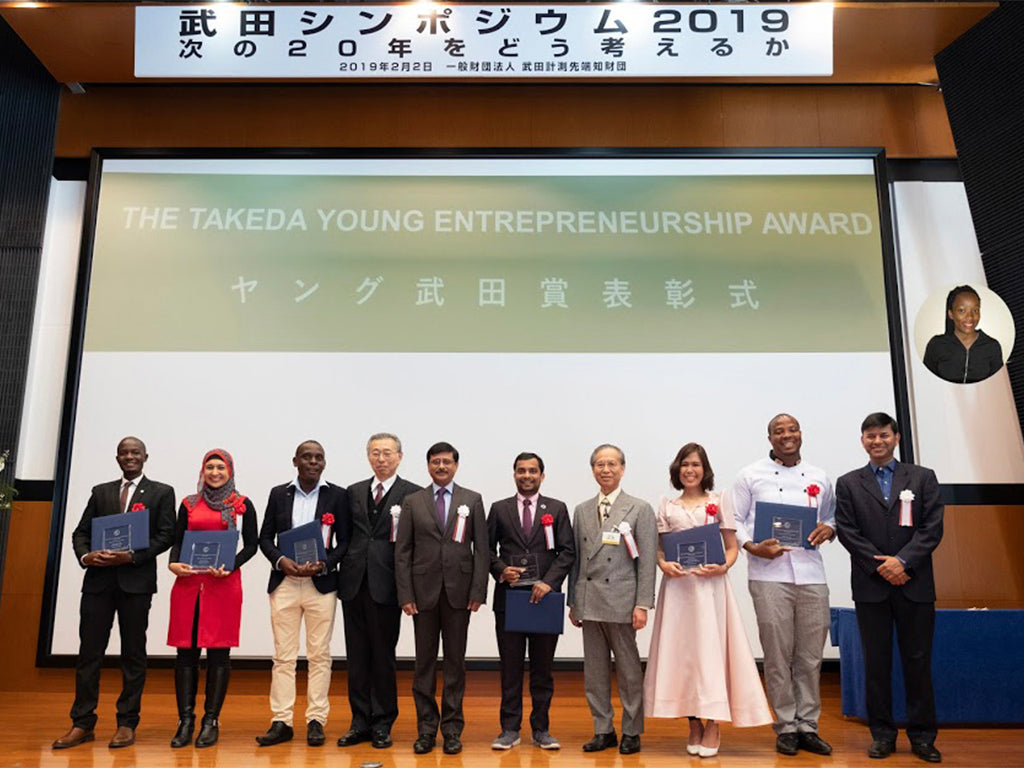Our Story
Our Story
Dalareich Food Products had its humble beginnings as a small family business owned and managed by couple Mr. & Mrs. Ricardo Polot with the help of their daughter Dalareich, also known as ‘Bohol Chocolate Princess’, in the island of Bohol, Philippines. Through the years, the family manufactures unsweetened chocolates commonly known in the Philippines as ‘Tableya’, used to make hot chocolate drinks.
Starting an operation with only 5 kilos of cacao beans, the income generated was meager which barely served the family of 7. Mr. Ricardo Polot, who used to be a tricycle driver and Mrs. Elsa Polot, a street cleaner, quit their day jobs to focus and work full time in the business after one of their daughters, Dalareich, graduated from college in 2009.
Eager to help her parents, Dalareich’s dream was to make bean-to-bar chocolate using their homegrown cacao beans in Bohol, Philippines. Her dream came to reality when she was selected as a scholar to study bean-to-bar chocolate making at Cacaolab of Ghent University in Belgium in 2014 where she learned from the top chocolate makers in the world. Upon returning to the Philippines, she immediately launched Ginto Chocolates, a social enterprise that makes bean-to-bar chocolates from locally grown cacao trees planted by smallholder farmers from different small towns of her own province, Bohol, which is known for its famous ‘ Chocolate Hills’.
Last September 8, 2017, the family opened “Dalareich Chocolate House”, where tourist who will visit Bohol, Philippines can see the whole production process and buy their chocolates. They also offer several chocolate workshops and events for locals and tourists.
Today, aside from its thriving business and the international recognition it received, it recently bagged Gold at the prestigious London-based Academy of Chocolate Awards in 2019, Dalareich and the whole Polot family are not only reaping the rewards of everything they worked hard for, they are also giving back to their community by empowering the cacao farmers in many different ways through their advocacy ‘Adopt a Cacao Tree and Preserve’s Bohol Cacao Heritage’, the pilot project of which is the rehabilitation of heirloom cacao trees not only to preserve Bohol cacao heritage but also to help the farmers earn more income for their families.


